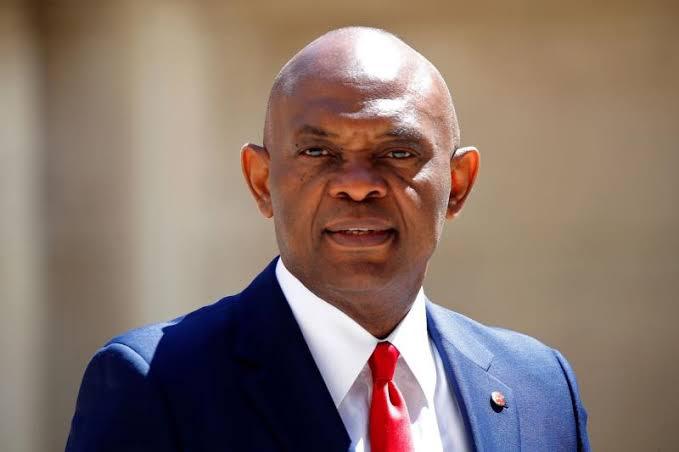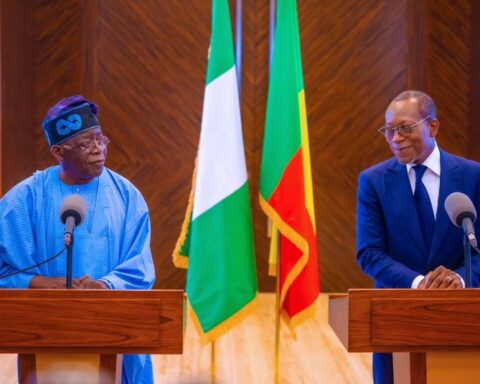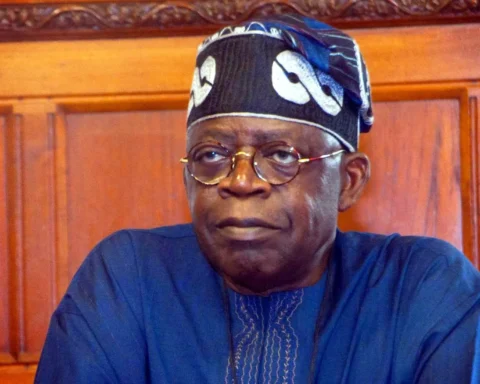Chairman of United Bank for Africa (UBA) Plc and Founder of the Tony Elumelu Foundation, Mr. Tony Elumelu, has called for stronger global partnerships to drive productivity growth and sustainable development across Africa through digital transformation and inclusive financing.
Elumelu made the call during an interview on the sidelines of the ongoing annual meetings of the World Bank and International Monetary Fund (IMF) in Washington, D.C., where he participated in a high-level seminar on “Boosting Productivity Growth in the Digital Age.”
Highlighting key points from his presentation at the seminar, Elumelu stressed that Africa’s future lies in its ability to harness technology, empower its young population, and unlock private capital to bridge infrastructure and productivity gaps.
Digital innovation is not just a tool—it’s a catalyst for economic transformation. With the right investment and policy environment, Africa can leapfrog traditional development barriers and drive inclusive growth,” he stated.
The UBA Chairman underscored the importance of collaboration between governments, development partners, and the private sector to create an enabling ecosystem that supports entrepreneurship, access to finance, and digital inclusion.
Elumelu also shed light on the newly launched UBA White Paper titled “Banking on Africa’s Future: Unlocking Capital and Partnerships for Sustainable Growth,” which was unveiled on the sidelines of the IMF–World Bank meetings.
According to him, the White Paper identifies key areas where targeted investments can accelerate Africa’s progress, including renewable energy, digital infrastructure, small business financing, and regional trade integration.
Our findings show that Africa’s potential is immense, but we must address the challenges of limited access to capital, weak policy frameworks, and inadequate infrastructure. The UBA Group is committed to partnering with global stakeholders to bridge these gaps,” he added.
Elumelu further noted that UBA’s pan-African presence in over 20 countries positions it uniquely to mobilize capital, facilitate trade, and support the continent’s transition to a sustainable digital economy.
The seminar, attended by global financial leaders, policymakers, and development experts, focused on strategies to enhance productivity through technology and innovation amid evolving global economic challenges.



























